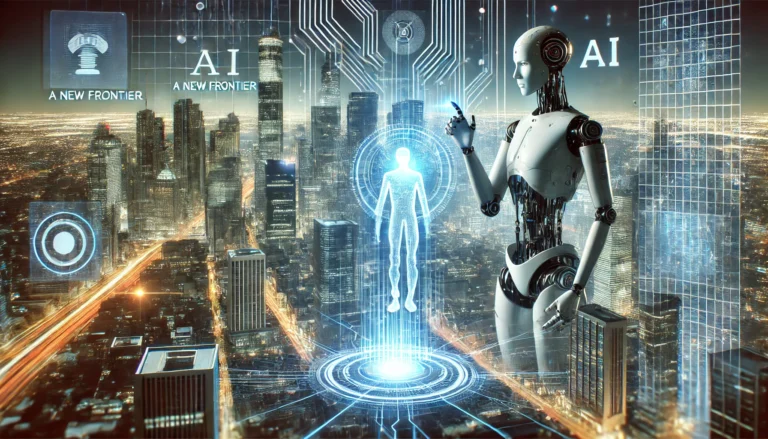Artificial intelligence (AI) is no longer a concept confined to science fiction.
It’s a tangible reality reshaping industries, societies, and our daily lives. Recent advancements in AI have been nothing short of extraordinary, pushing the boundaries of what was once deemed impossible.
One of the most significant strides has been in the realm of natural language processing (NLP). AI models are now capable of understanding, interpreting, and generating human language with unprecedented accuracy. This has led to the development of sophisticated chatbots and virtual assistants that can engage in meaningful conversations, provide information, complete tasks, and even offer emotional support. Moreover, NLP is revolutionizing fields like translation, sentiment analysis, and content creation.
Another area witnessing rapid progress is computer vision. AI systems are becoming increasingly adept at analyzing and interpreting visual information. This has applications in various sectors, including healthcare, where AI-powered image analysis can aid in early disease detection and diagnosis. In the automotive industry, self-driving cars rely heavily on computer vision to navigate complex environments and make real-time decisions. Additionally, AI is transforming retail through visual search, enabling customers to find products based on images rather than textual descriptions.
Machine learning, a subset of AI, has also experienced remarkable growth. This technology empowers systems to learn from data without explicit programming, leading to more intelligent and adaptable applications. For instance, in finance, machine learning algorithms are employed for fraud detection, risk assessment, and algorithmic trading. In the manufacturing sector, predictive maintenance models driven by machine learning help optimize equipment performance and prevent costly breakdowns.
While these advancements hold immense promise, it’s essential to address the ethical implications of AI. Issues such as bias in algorithms, job displacement, and the potential misuse of AI technology require careful consideration. Striking a balance between innovation and responsible development is crucial.
Looking ahead, the future of AI is brimming with possibilities. We can anticipate breakthroughs in areas like drug discovery, climate modeling, and personalized medicine. As AI continues to evolve, it is imperative to foster collaboration between researchers, policymakers, and industry leaders to ensure that this technology is harnessed for the benefit of humanity. The journey into the age of AI has only just begun, and the next chapter promises to be even more exciting and transformative.

